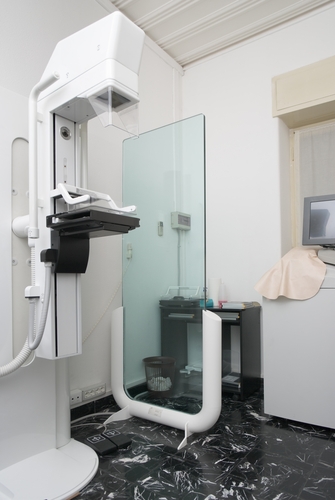Health care information systems aid doctors in treating patients today. Through EHR and EMR software, physicians have access to medical records for their own patients as well as their peers'. However, they do not have the time to go through every patient's EHR. Artificial intelligence provides health IT users with a way to gather data without having to do it manually.
AI analyzes databases
With 7.1 billion people on Earth, it would be physically impossible for one person to go through every patient's medical history. AI ensures that doctors do not have to worry about that. By installing AI, the computer can sift through a variety of documents, from EHRs to diagnostic imaging, Computerworld explained. In significantly less time than a human, AI can scan and analyze the data gathered from a myriad patients as opposed to looking at just one.
During the next six years, researchers on the Pittsburgh Health Alliance project will be looking at how AI and big data can contribute to improving the health care system, the University of Pittsburgh Medical Center said in a press release. Researchers will observe how AI processes data from health care information systems and then turn the information into knowledge that they can use to create advanced technology and health care methods.
Predictive analytics aided by AI
Detecting patterns and trends in patient information can help clinicians diagnose and treat their conditions. The analysis provided by AI ensures that doctors can understand the collected data. Patients are not the same, and neither are their diseases. Symptoms and treatments can vary, but AI can help health care providers establish treatment plans for patients of similar demographics, Computerworld explained.
AI provides a plethora of information about patients, which can then help hospitals and doctors with predictive analytics. However, only 15 percent of medical professionals utilize the latter, according to HIT Consultant. AI and predictive analytics can work together to provide insight into patients' symptoms and health. Even if certain conditions do not exist at the time, analysis can determine if patients are at risk of developing them. Analytics can predict whether patients will be readmitted, fall ill or get infections, the source explained.
Both AI and predictive analytics can advance the medical industry if used correctly. For health care providers to be able to treat their patients as best they can, they need to utilize not only their knowledge, but that of other doctors. Through EHR software, AI and analytics can provide users with trends and data to keep them informed while offering new solutions to certain health conditions.
Contact Viztek for more information.
Ronny Bachrach
Latest posts by Ronny Bachrach (see all)
- Konica Minolta Debuts First-of-Its-Kind Digital U-Arm System at AHRA - July 27, 2016
- Researchers Detect Signs Of Stroke Risk Using MRI - June 27, 2016
- Imaging Biz: Q&A with David S. Channin MD: How to Make PACS Patient Centered - June 22, 2016










